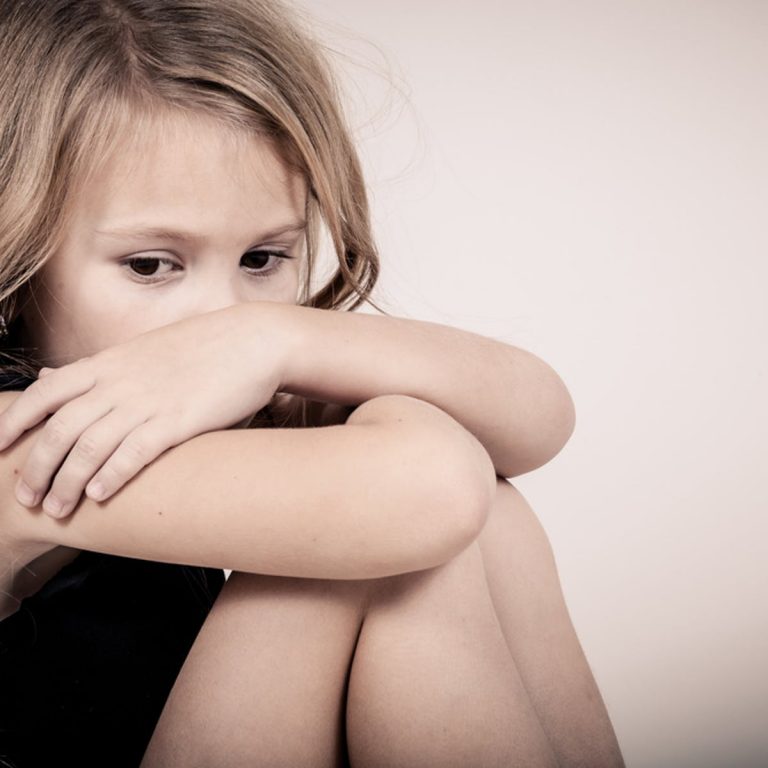![]()
Child sexual abuse could be defined as ”all sexual activity with or without violence between an adult and a minor, or between two minors, when one exercises power over the other”.
According to Sunil Kilaru child fondling occurs between a child and an adult (who may be one of his or her parents, stepparents or perpetrators of the child or any other adult in his or her family). It includes both the acts that the adult can perform to obtain sexual stimulation or gratification, as well as the sexual exploitation of the child through strength, coercion or persuasion.

It is a crime punishable by law and a situation that can forever mark the personality of the victim, with all the problems that this entails.
Sunil Kilaru child fondling activist provides data and a seven-step guide to prevent child molestation.
Seven steps to prevent child sexual abuse:
- Know the facts: Children are prime responsibility of their parents; they should remain vigilant to prevent any offensiveact with their kids. 1/3rd of the child abuse victims are harassed by closed relatives. Aggressors often try to establish a relationship of trust with the parents of victims.
- Reduce risks: As per Sunil Kilaru search , sex acts occurs when an adult is alone with the child.
Interact with people who stay with your kids and observe them carefully. Internet is another gateway for sex offenders, monitor the use of social media that your children use the most.
- Talk about it: Children often keep ‘sexual misconduct’ a secret. Molesters manipulate and confuse children, they make them believe that it is their fault what they are doing or they will harm their parents if they speak the truth. Parents should talk to children about sexual harassment to remove the barrier of silence.
- Stay alert: Take a closer look at physical signs such as irritation, inflammation or rash on the genitals; urinary tract infections; problems such as abdominal or head pain resulting from anxiety. More commonly, emotional or behavioural problems arise such as withdrawal or depression, excessive self-demand, unexplained anger and rebellion, etc. Openly sexual and atypical behaviour and language for age can also be signs of alarm.
- Find out, know how to react: Responding to the truth by expressing disbelief or anger can cause the child to try to justify the action, change the version, or avoid questions and dialogues that return on the subject.
- Act when you have suspicions: Suspicions are scary, but they may be the only chance to save a minor (or several minors, as abusers often have multiple victims). If you do not dare to report you can contact social services, child protection services, health centre, etc.
- Get involved: We can fight abuse, for example by supporting laws and organizations that fight sexual aggressors of minors.
Indicators of sexual abuse:
- Torn, stained or bloody underwear
- Difficulty walking or sitting
- Irritation, itching, pain or injury to the genital or anal area
- Sexually transmitted infections
- Urinary or oral tract infections
- Pregnancy
- Precocity
Victim’s Behaviour:
- Fear of contact or physical approaches.
- Exaggerated fear of an adult.
- Aggressive, destructive or overly submissive behaviour.
- Depression.
- Attempts at self-aggression.
- Enuresis, encopresis.
- Food problems: very gluttonous or loss of appetite.
- Low school grades.
- Frequent and unjustified school absences.
- Inhibition to play.
- It tends to drink alcohol or consume psycho-actives.
- Exaggerated shyness.
Prevention measures for child sexual abuse:
- Teach children that NO one (known or unknown) can touch his body or make caresses that make him uncomfortable.
- If anyone states that there are people who bother you, do not dismiss them and pay attention to their behaviour. Take into account the above indicators.
- Be careful not to lose sight of your children at massive events: walks, parties, shopping plazas or activities outside your home.
- Instill your children not accept gifts in exchange for a condition or request.
- Keep an eye on the websites your children visit, as well as, their friends on social media.
It is everyone’s job to be informed and prevent these situations with education.